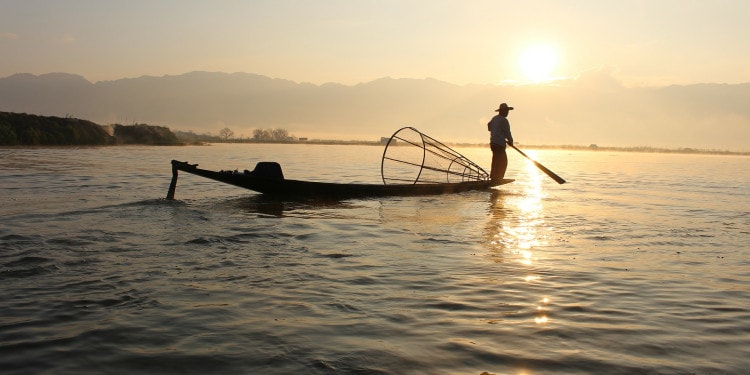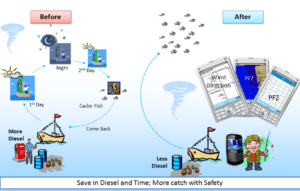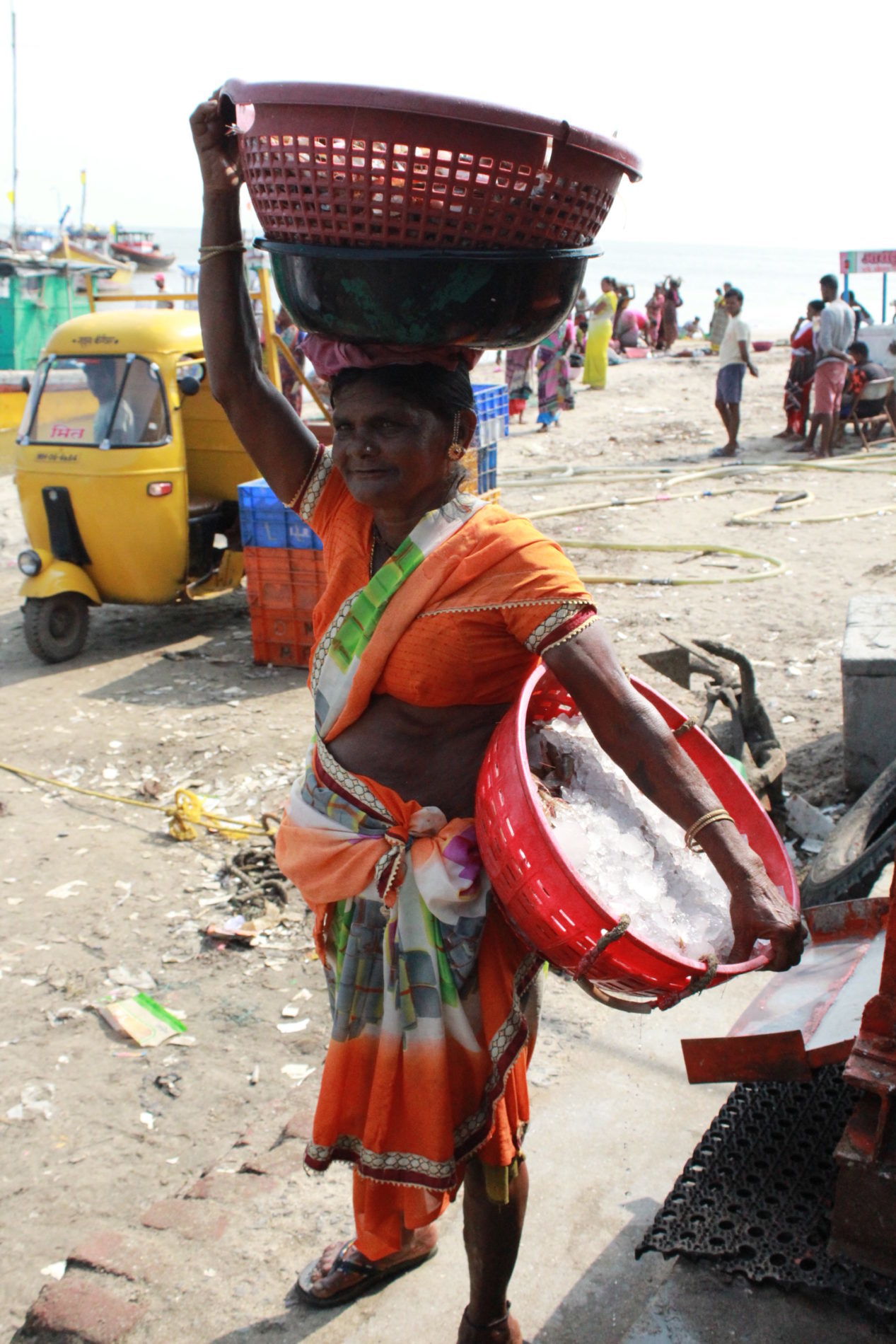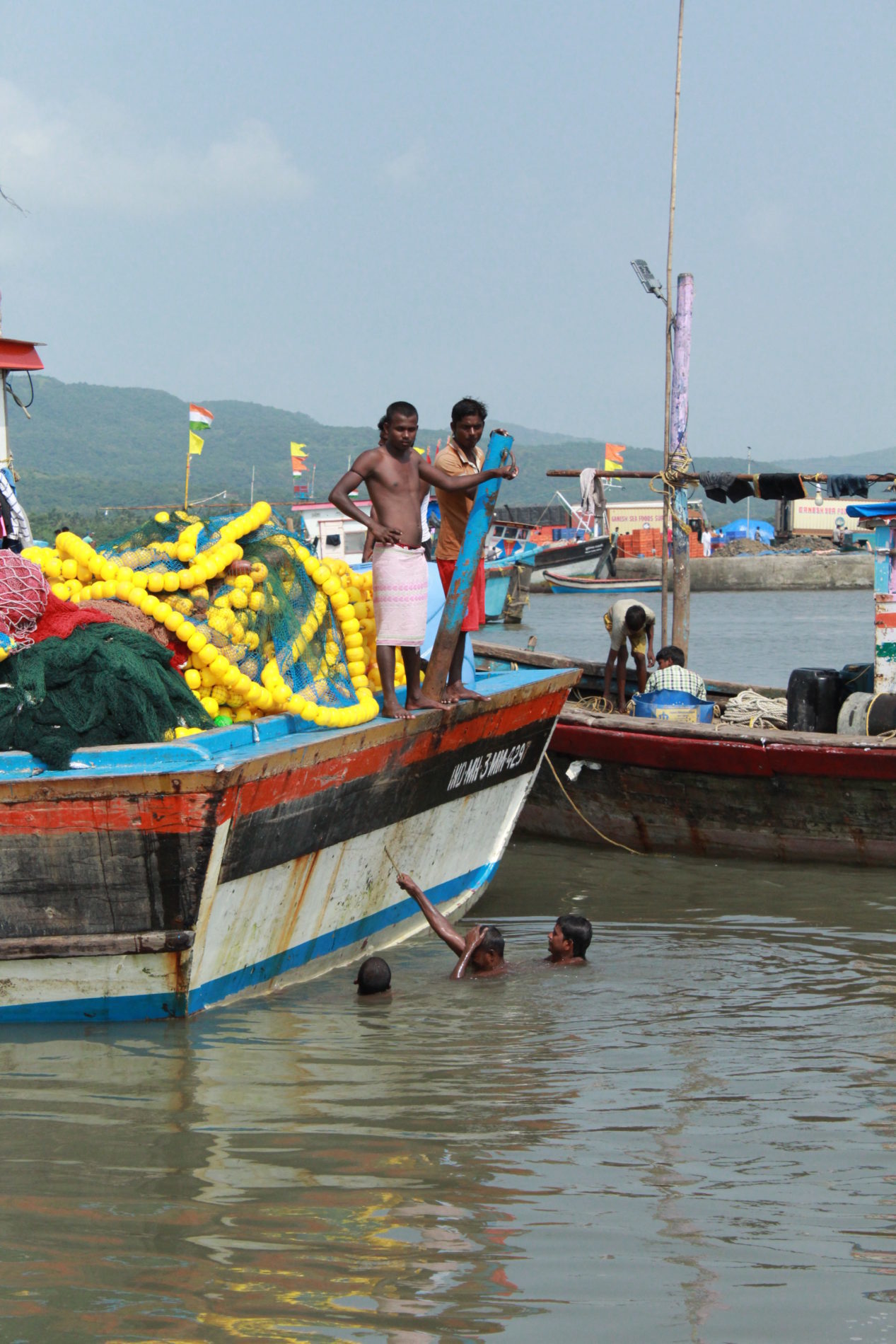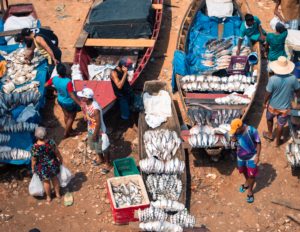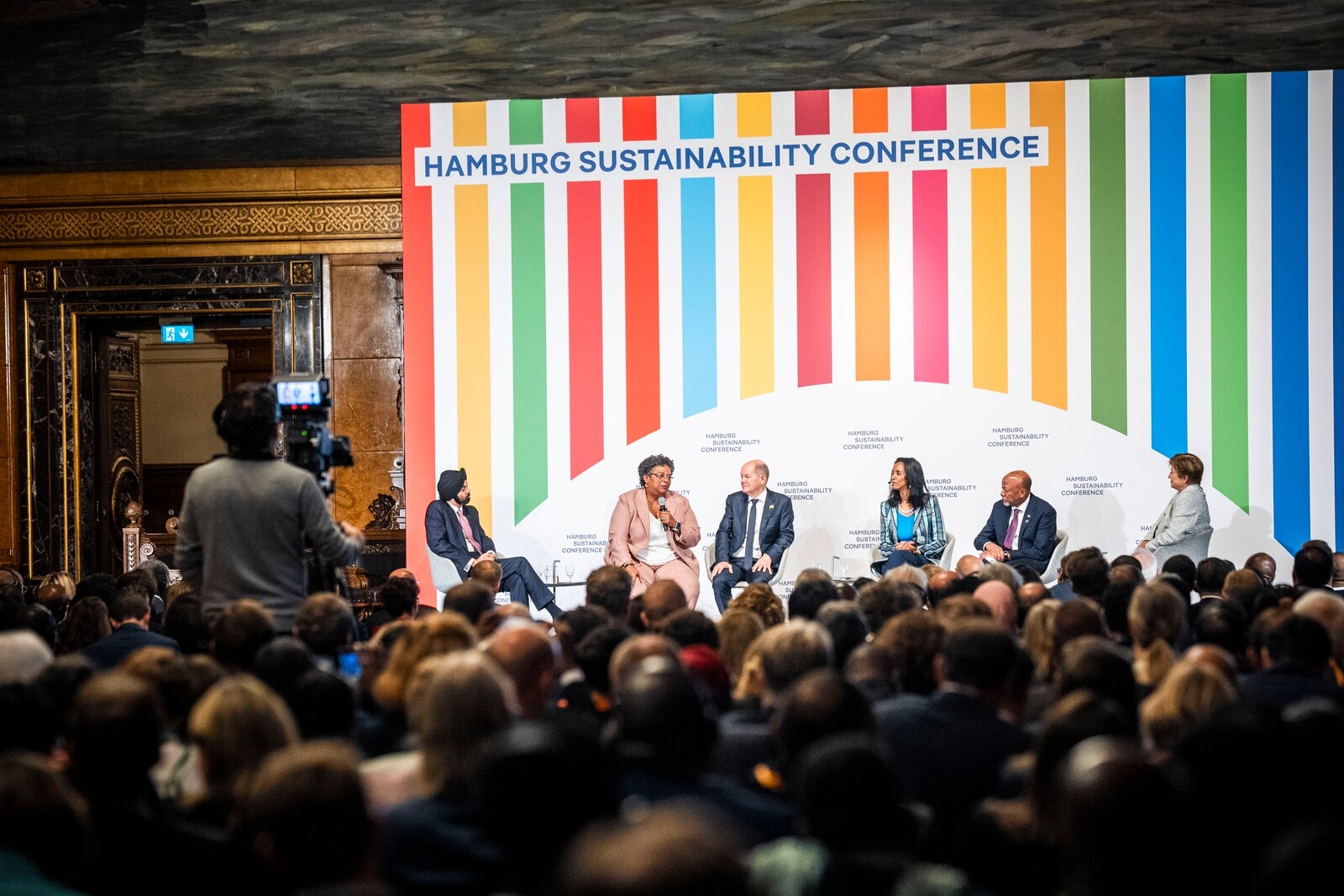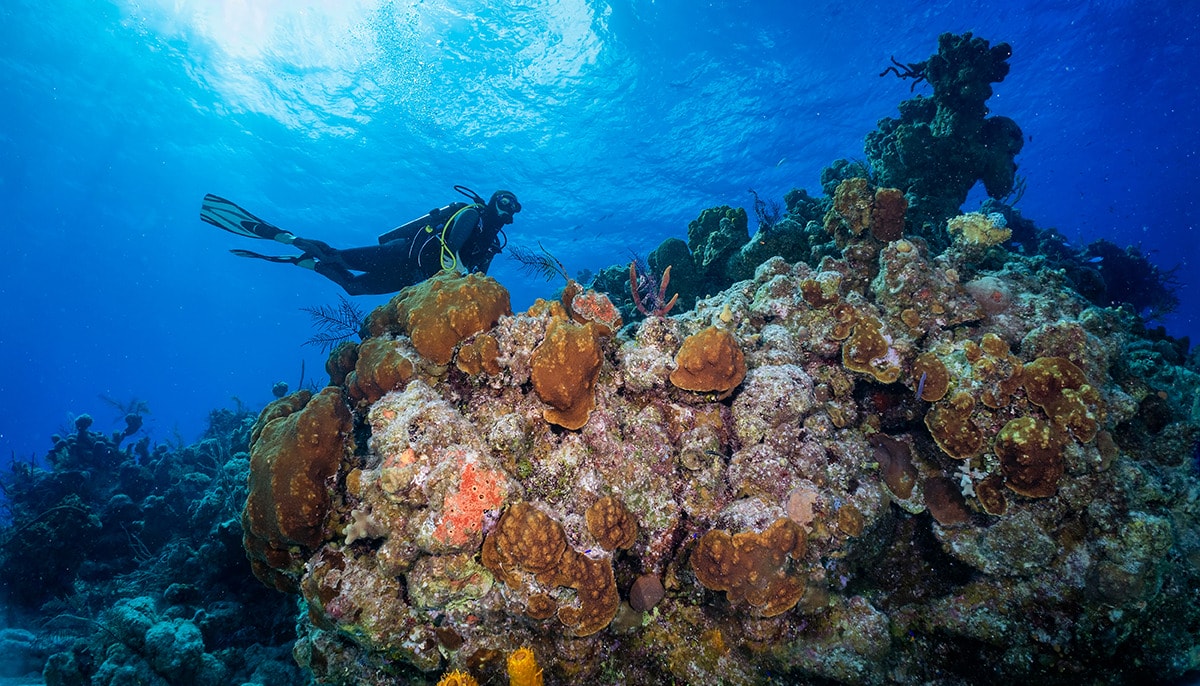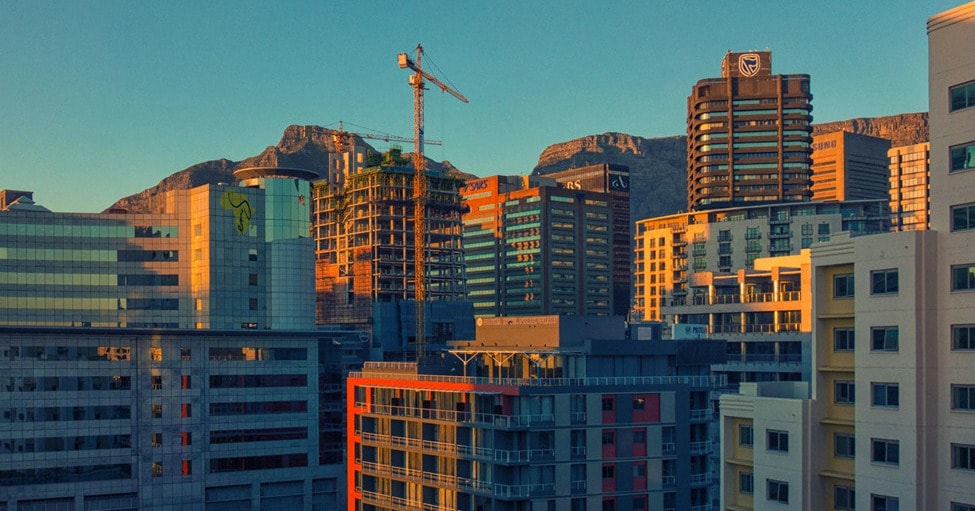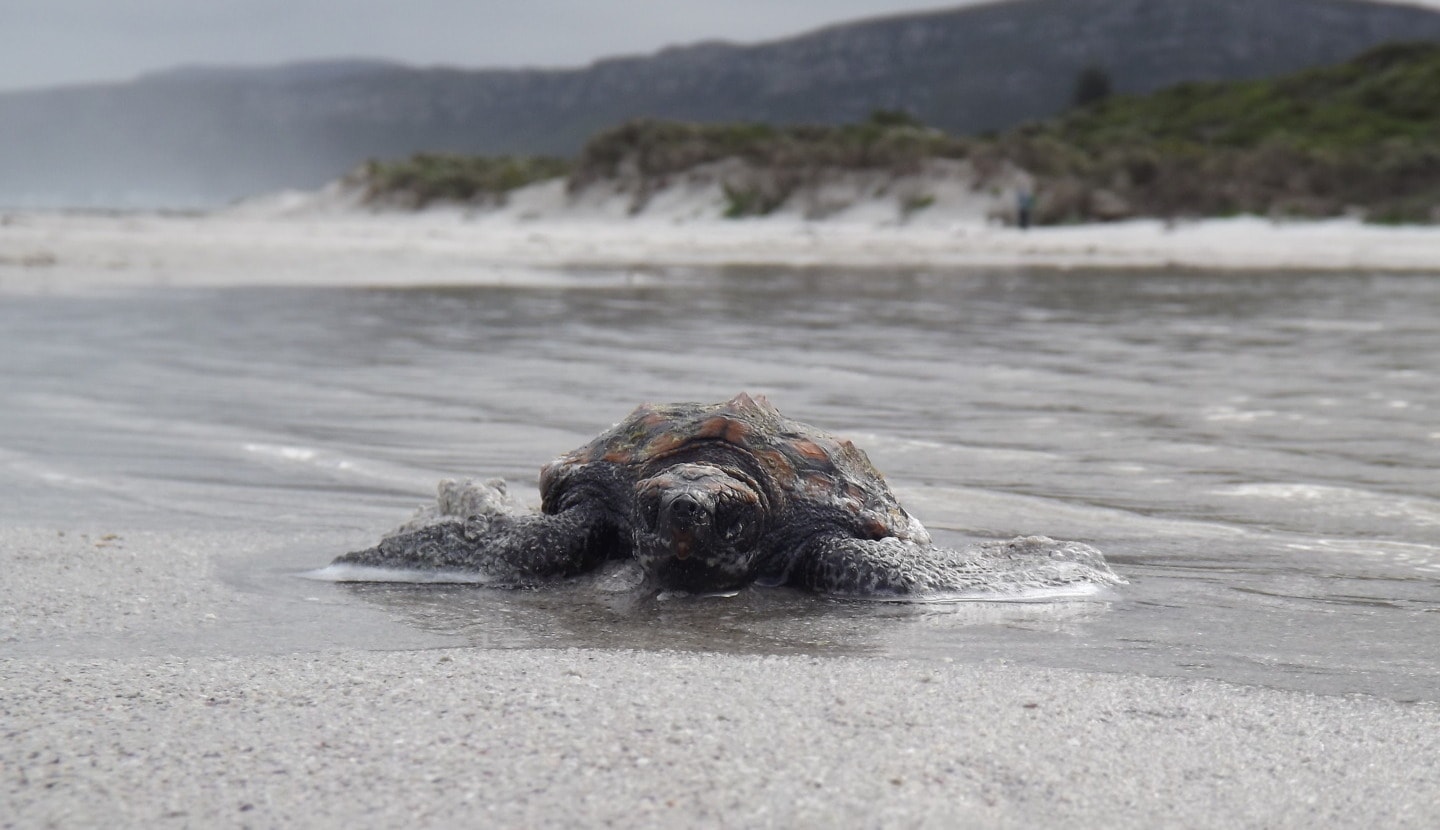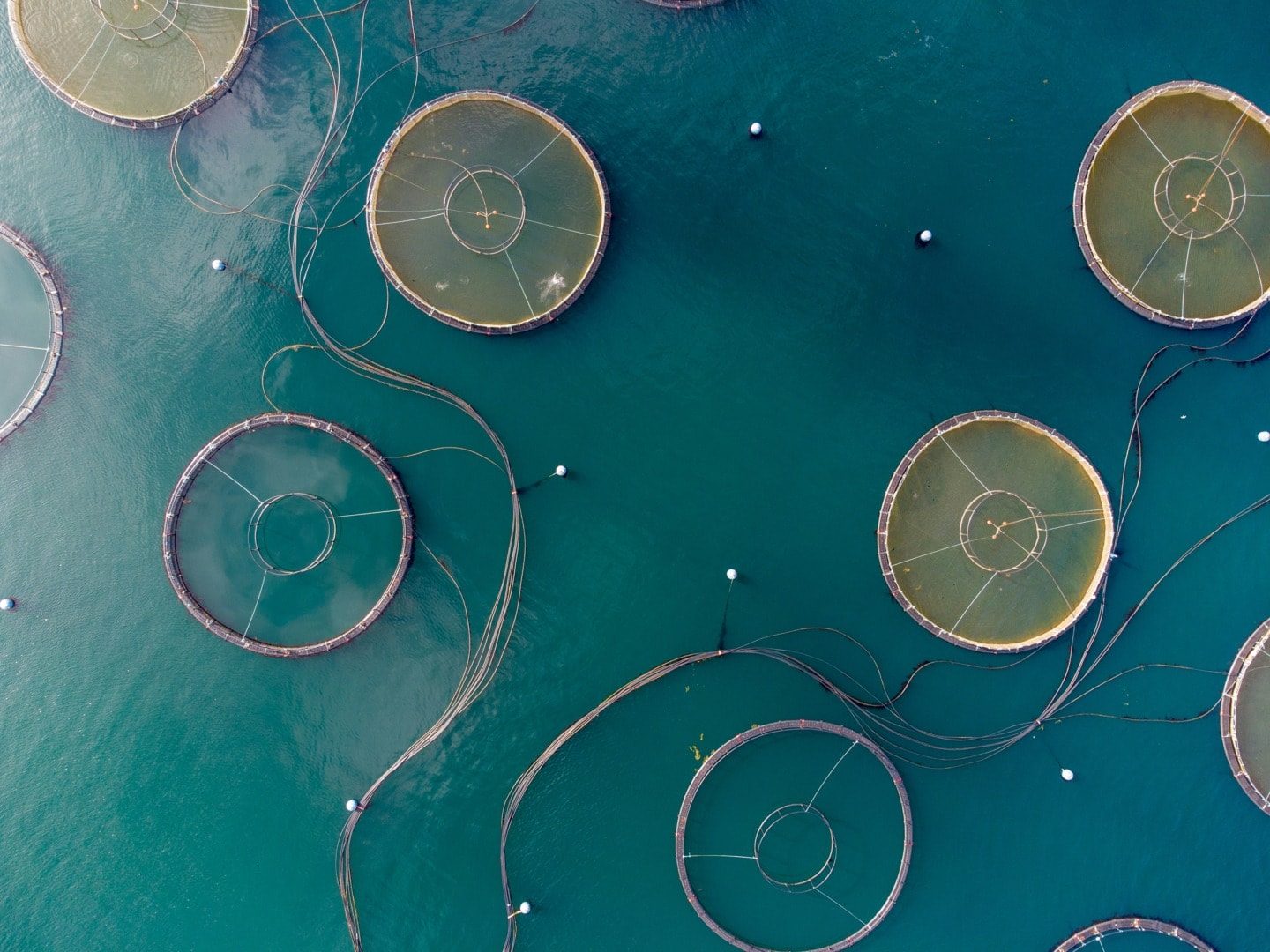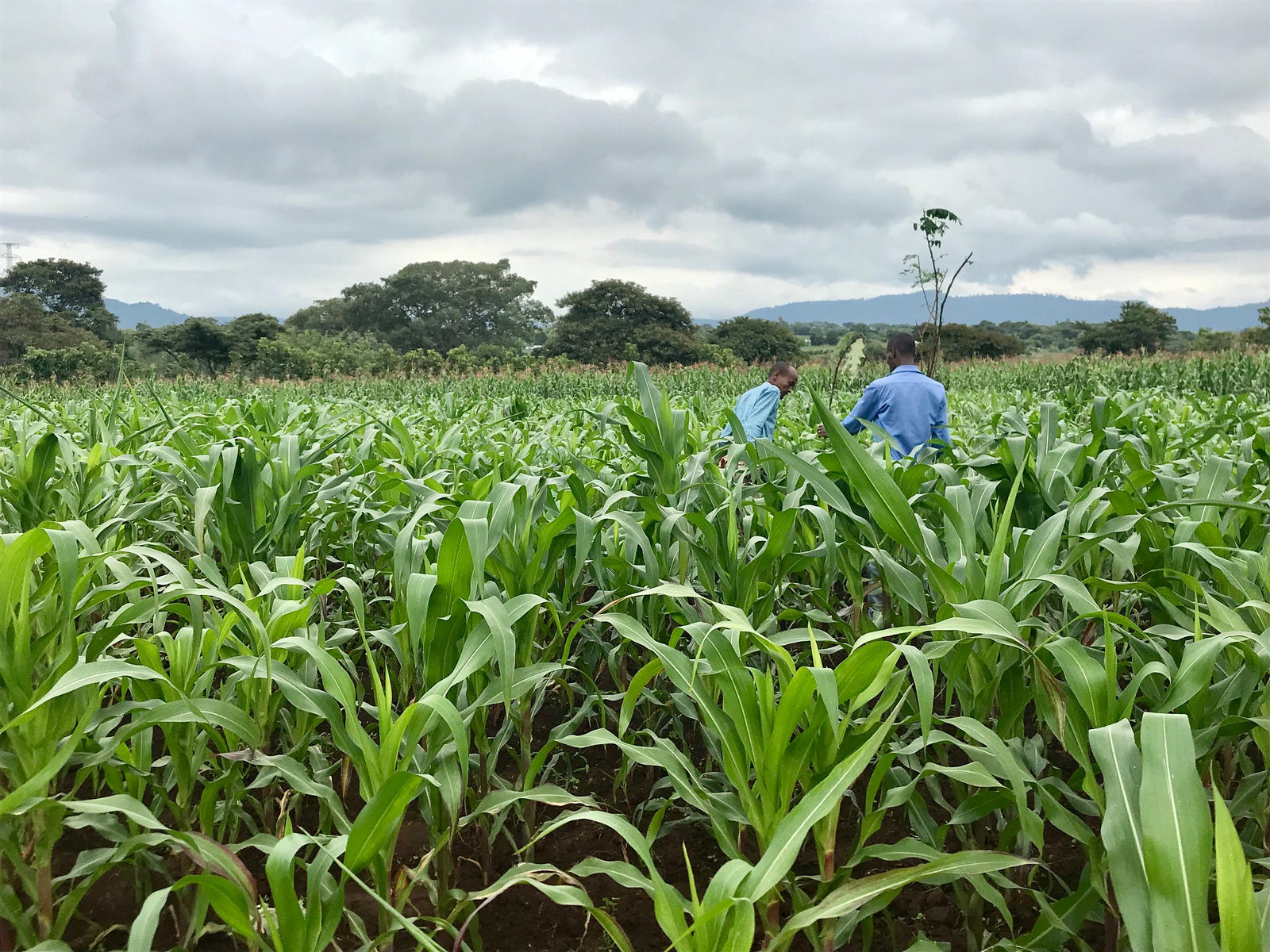![]() This article is part of our Editorial Series called “GFAR impakters”. This is done in partnership with GFAR – The Global Forum on Agricultural Research and Innovation – For more follow on Twitter: #GFARImpakters or view here.
This article is part of our Editorial Series called “GFAR impakters”. This is done in partnership with GFAR – The Global Forum on Agricultural Research and Innovation – For more follow on Twitter: #GFARImpakters or view here.
Technological innovations have long been at the forefront of revolutions across many industries. It is in these innovations that we — our governments, businesses and organisations — often place our hopes and investments for finding ways that would enable us to improve existing processes, cut certain costs, lower or eliminate unwanted risks, enhance safety or reduce environmental impact.
The fishing industry, one that is particularly risky, costly and environmentally damaging, with the majority of its labour force living below the poverty line, has recently started enjoying a positively disruptive impact of technology formerly unknown to it. Contrary to how a solid portion of novel innovations, in their early days, is often chiefly available to those positioned high enough on the social ladder to be able to afford it, this new technology, in the form of a mobile phone application, is tailored to suit members of fisherman communities and is thus financially accessible already in its early adoption stages.
Collaboration for Innovation
mKRISHI Fisheries is a mobile app developed in collaboration with Tata Consultancy Services (TCS) Innovation Lab —Mumbai, Central Marine Fisheries Research Institute (ICAR) and Indian National Centre for Ocean Information Services (INCOIS) in Hyderabad. This app is a result of multi-dimensional research and field work involving the best of expertise of all the partner organizations. INCOIS generates the Potential Fishing Zone (PFZ), a fish shoals prediction information based on the remote sensing data received from NOAA satellites, sea surface temperature and the presence of phytoplankton which form the food of several fish species. The mKRISHI Fisheries app consolidates this information into condensed advice, that is presented in local language with easy-to-use icons on both Java and Android mobile phones. Mumbai Research Centre of ICAR-CMFRI piloted this service in 56 fishermen societies in Raigad, Maharashtra.
 In the Photo: 2 3D model demonstratingmultiple services of mKRISHI Fisheries. Photo Credit: mKRISHI Fisheries
In the Photo: 2 3D model demonstratingmultiple services of mKRISHI Fisheries. Photo Credit: mKRISHI Fisheries
Sustainable Development Goal — Planning for Diesel Saving
Fishermen have used this service to plan their fishing trip and venture into sea only if PFZ was in their vicinity, which helped to reduce unnecessary trips and the associated costs from diesel, ice and labour. In a study conducted on 13 fishermen societies, ICAR-CMFRI estimated that the mKRISHI Fisheries app resulted in the saving of up to 30 percent in diesel costs. This belies its huge potential for a positive environmental impact, since an estimated 1.2 percent of global oil production is consumed in fisheries.
In the app, fishermen are advised to enter regions only when the corresponding areas on the information map are blue in colour. The provision of an upfront forecast up to five days in advance means that the app helps even trawlers who go for multi-day fishing trips.
Apart from this, information on wind speed and direction, wave heights in a colour coded band, helped fishermen to identify the unsafe regions in sea. In the app, fishermen are advised to enter regions only when the corresponding areas on the information map are blue in colour. The provision of an upfront forecast up to five days in advance means that the app helps even trawlers who go for multi-day fishing trips.
In the Photo: Impact of mKRISHI Fisheries Service. Photo Credit: mKRISHI Fisheries
Save Life and Livelihood
Ultimately, the target group for this collaborative innovation is the vulnerable fishermen population, the majority of whom are below the poverty line. This service not only positively impacts their livelihood with improved catch rates and reduced costs, but also helps to prevent both the loss of fishermen’s lives and the damage to equipment such as boat and fishing gears. Moreover, the reduction in diesel consumption resulting from the use of this service leads to a less polluted environment.
The Honorable Prime Minister of India Shri. Narendra Modi Ji has praised the simplicity and utility of this award-winning mobile app on Feb. 26, 2017 in his monthly call to the nation called “Mann ki Baat” (Talking from the heart).
Ockhi Cyclone and mKRISHI Fisheries — Case study
The recent Ockhi cyclone was the most intense Arabian Sea cyclone since Cyclone Megh (2015). It originated as a depression in Northern Indian Ocean on Nov. 28 and gradually picked up the strength while moving north-west towards Gujarat (India). Due to the associated risks to the lives of the fishermen, the Indian government started a coordinated effort with the Navy, the coast guard and state government agencies to alert the fishermen and also begin a safety and rescue (SAR) mission. By the time Ockhi reached Maharashtra coast on Dec. 3, 2017, it had already been categorized as a Severe Cyclonic Storm, with wind speed in the range of 50 to 90 km per hour.
The mKRISHI Fisheries platform was used to alert fishermen about changes in wind speed and wave height due to the cyclones. The colour coded images helped in easy identification of the danger zones, allowing fisherman to avoid them in-time. Fishermen were sent daily updates on the location and projected impact of the cyclone and were advised not to go into the sea. On top of this, several fishermen called and enquired about the prevailing danger, and alerted other fishermen as well.
Related Articles:
![]() “WHY DEEP DIVE FISHING NEEDS SAFER STANDARDS”
“WHY DEEP DIVE FISHING NEEDS SAFER STANDARDS”
![]() “OVERFISHING, CLIMATE CHANGE AND HUNGER”
“OVERFISHING, CLIMATE CHANGE AND HUNGER”
Across all states, government agencies have so far confirmed 58 deaths and 90 people still missing. 23 Navy ships and 8 aircrafts in Kochi have searched 3.25 lakh square miles since the cyclone hit the Arabian Sea off Kerala coast, and SAR is still on. The Maharashtra government have been praised for swiftly executing an emergency plan, as well as safely docking the boats from other states that were in the nearby Maharashtra coastal waters.
This event has proved that the availability of an early warning system (EWS) such as mKRISHI Fisheries can help save lives. With no loss of any fishermen lives or boats of those fishermen who had these information upfront in the Raigad district (Maharashtra), fishermen Krishna Chogale (Bharadkol, Raigad) attributed mKRISHI Fisheries as a useful tool for safety.
What Else Is Needed?
The lack of data signal availability in the deep sea has proven to be a challenge for the fishermen. TCS and its partners have conducted a pilot project to extend the mobile signal up to 30 km in the deep sea. This has improved the price negotiation with the buyers/merchants at the shore, for the fishermen while they were in the sea itself, and the fresh catch could then be directed to the desired port, optimizing the overall transportation efficiency.
Presently, one of the still-existing challenges is the expansion of this service into the distant coastal villages. Active players in the field including NGOs, Fishermen societies and organisations like ICAR-CMFRI that have a relationship with progressive fishermen can play crucial roles in this venture. The Mumbai Research Center of ICAR-CMFRI is currently planning to reach out to more fishermen societies in Raigad, Ratnagiri and Sindhudurg districts under the “Mera Gaon Mera Gaurav (MGMG)” initiative.
mKRISHI Fisheries is just one example of how information and communication technology (ICT) can become a potential tool to save lives in the hazardous profession like fisheries. It shows us that information presented in a simpler manner can make “What you See is what Sea you get.”


